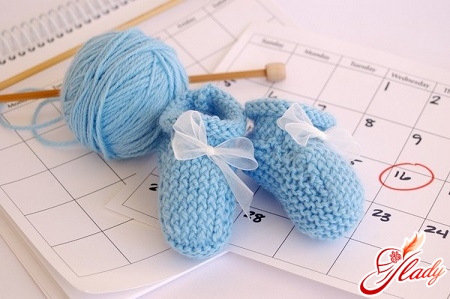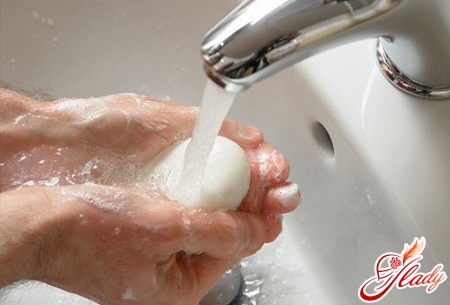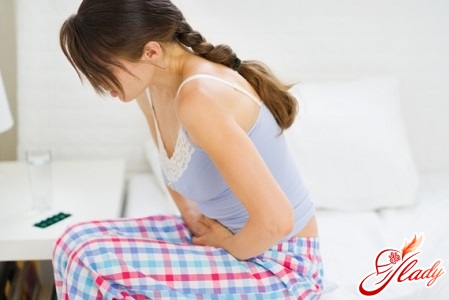
Pain in the bladder area -is a common occurrence in women. Such pains may indicate various diseases that sometimes require urgent treatment. Often the pain is transient, but it can also become chronic. Then it can be very difficult to cure the disease. Do not underestimate the situation when the bladder hurts and let it slide. It is important to know what diseases are accompanied by pain and discomfort in the bladder area, as well as the symptoms of these diseases. This will help to pay due attention to the ailment and seek help from a specialist in time.
Possible causes and symptoms of diseases of the bladder
It happens that there is no opportunity to go to the doctor.Then knowledge about the symptoms characteristic of a particular disease can be useful. Diagnosing yourself without a medical education is a thankless task, but sometimes there are situations when there is no other way. Then you can use the information provided in our article. But do not forget that this is not a panacea, but only an emergency method when you really do not have the opportunity to contact a specialist, and unpleasant sensations do not give you peace. And as soon as the opportunity arises, immediately contact a specialist! If a person is tormented by pain in the bladder, this indicates damage to the organ itself or a disease of another organ, when the pain "radiates" to the bladder, which in fact turns out to be healthy. For example, with diseases of the kidneys, coccyx, organs of the reproductive system, the bladder can also hurt. The cause of the pain can only be identified by a doctor during a comprehensive examination of the patient. However, many diseases are accompanied by discomfort and pain in the bladder, which concern exclusively this organ. Now let's take a closer look at the clinical picture of the main diseases that can cause bladder pain.
- Severe pain that is not associated with the process of urination and occurs when shaking in transport, physical activity, etc. Or, on the contrary, pain can appear only at the end of urination.
These symptoms are characteristic of urolithiasis.When a person is at rest, the stones do not affect the bladder, but as soon as a person starts moving, the stones also start moving, move in the bladder cavity, touch its walls and injure, which causes unbearable pain. Diagnostics and treatment are carried out only in a hospital. Moreover, the sooner a person consults a doctor, the better.
- Pain aching, pulling.
This may indicate inflammatory processes ingenitals. That is why urologists always refer women to gynecologists to rule out gynecological diseases. If this is the reason, then usually such symptoms are accompanied by adnexitis, perimetritis, parametritis. These are infectious diseases. Infections penetrate through the reproductive system into the bladder and cause inflammatory processes in the latter.
- Strong, sharp pain that can not be tolerated
Such pains are often accompanied by tumors.bladder. As the tumor grows, the pain intensifies. When the malignant cells disintegrate, a person's life turns into continuous torment, the sensations experienced are so painful.
- Pain is observed in the bladder itself and in the lower abdomen as a result of trauma. Constant false urge to urinate, when drops of blood come out instead of urine.
If a person has been injured as a resultwhich he began to be bothered by such sensations, perhaps the bladder has ruptured. If after some time symptoms characteristic of peritonitis are observed, this means that the bladder has ruptured inside the peritoneum.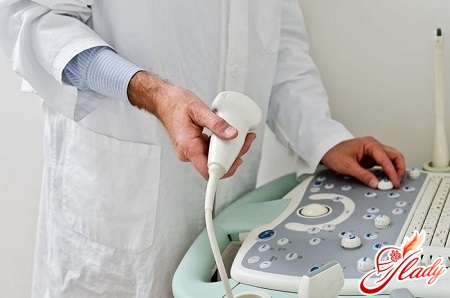
Cystitis is the most common cause of bladder pain.
The most common cause of pain inbladder in women - cystitis and cystalgia. The symptoms are very similar - that is why it is so important to undergo examination by a doctor to make the correct diagnosis. With cystitis, pain is observed during urination, and the pain peaks at the end of the act and after it. Then the pain subsides. In addition, urination is frequent, and the urine contains pus. At the beginning of the disease, the pain increases as the bladder fills, since urine presses on the walls of the inflamed bladder. Then, after urination, the pain subsides until the next act. If the disease is in an advanced stage, the pain practically does not stop. Now there are many drugs that can cure cystitis. However, you should not stop treatment as soon as relief has come, the pain has gone away. Cystitis is insidious in that even when nothing seems to bother you anymore, it is still a long way to finally get rid of the disease. Many patients stop treatment without completing it, thereby condemning themselves to chronic cystitis, which recurrs at any time of the year. With cystalgia, the sensations are similar to cystitis, the patient's subjective complaints are the same as with cystitis, but only an examination shows that the mucous membrane of the bladder is either not inflamed at all or has a minor inflammatory process. This cannot be said with the naked eye or by symptoms. If you self-medicate (naturally, having made an incorrect diagnosis), it will lead to nothing but aggravation of the disease.
What should I look for and how to treat the disease of the bladder?
Sometimes a person may start to worrysome unusual sensations that cannot be immediately called uncomfortable or painful. And it is not immediately clear whether everything is okay or whether you should take a closer look at your body. Bladder diseases of any etiology in women develop very rapidly. Therefore, it is very important to be able to suspect something is wrong in time and contact a specialist. Here is a list of symptoms that should alert you:
- you do not have time to reach the toilet, urinary incontinence is observed;
- involuntary urination during sleep;
- leakage of urine during exercise, sports, coughing, sneezing, etc .;
- urination is accelerating, and portions for each act are small;
- urination intermittent and weak;
- the bladder is not emptied completely;
- the act of urinating causes pain that does not allow the process to continue;
- in the process of urination, there is discomfort, burning sensation, pain, itching, etc.;
- presence of blood in the urine.
If you experience one or moresymptoms listed above, this is a reason to see a doctor. Since these symptoms do not go away on their own and, on the contrary, intensify over time, which ultimately leads to a significant decrease in the quality of life: problems with the bladder in women can even lead to psychological problems, insomnia, irritability, etc.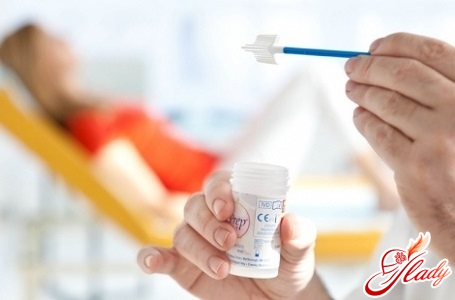
Methods for treating bladder diseases
The most reasonable thing to do if your bladder hurts is— do not delay visiting a doctor. Usually, when problems arise in the genitourinary sphere, they contact a urologist, who will definitely refer you to a gynecologist. In addition, in some cases, a visit to an oncologist will be required. Note that problems with the bladder are not the case when you should self-medicate, since, as you already know, it can hurt for a variety of reasons that only a specialist can identify. Having determined the cause of the pain and made a diagnosis, the doctor will prescribe drug treatment. It can be done at home or in a hospital, depending on the diagnosis. In any case, in addition to medications, the doctor can prescribe the following treatments:
- gymnastics for Kegel, which helps to strengthen the muscles of the pelvic floor, which is very important for women;
- the regime of the day, suggesting a full-fledged sleep, etc.;
- observance of all rules of personal hygiene;
- strict diet, which consists in the ban on smoked, salty and spicy dishes;
- avoidance of stress, hypothermia, excessive physical exertion, prolonged stay in a sitting position.
It should be noted that all these rules should become the norm for you even after recovery, since this is the only way you can protect yourself from relapses in the future.






